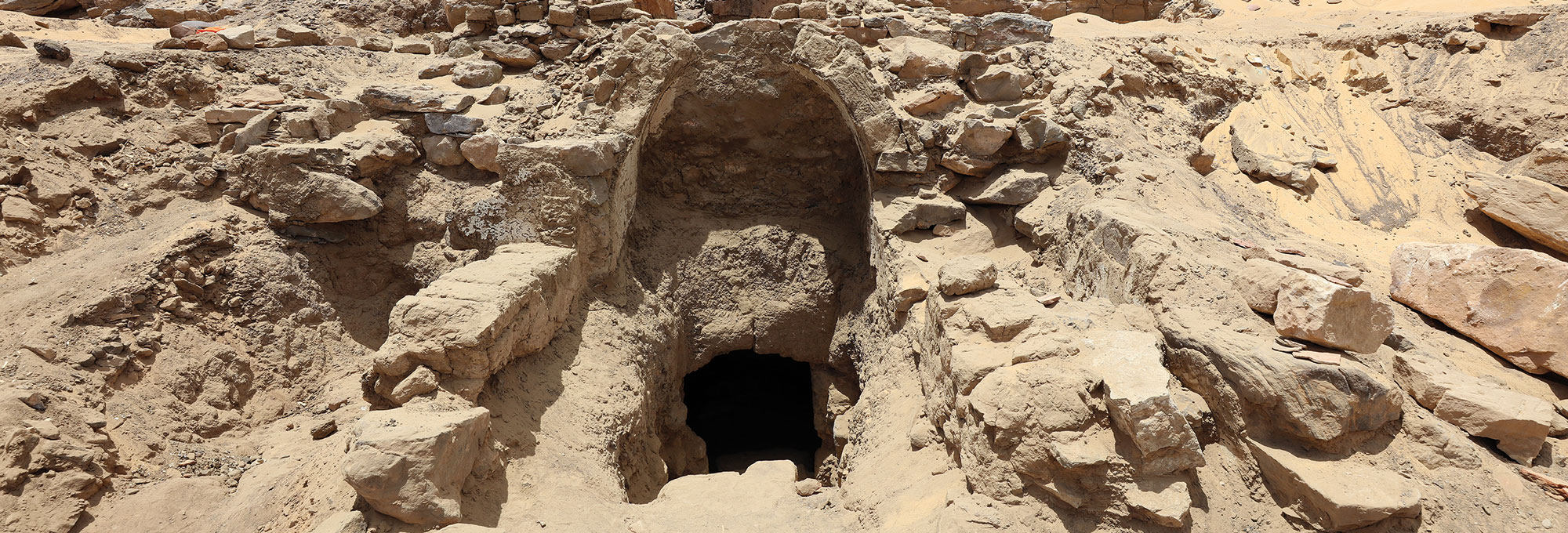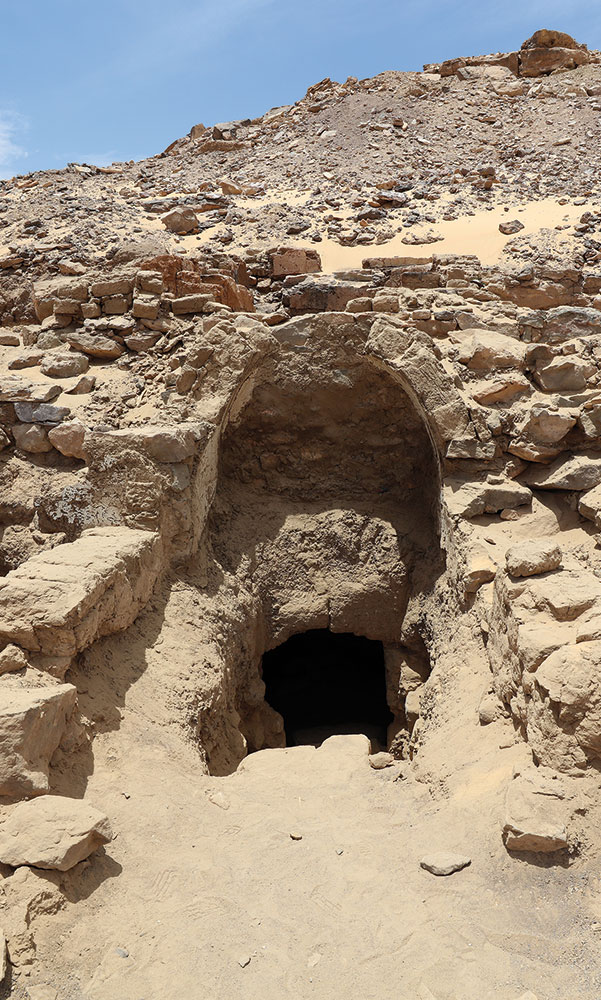ISPARTA, TURKEY—According to a report in The Jerusalem Post, an amulet dated to the fourth century A.D. has been uncovered in southwestern Anatolia’s ancient city of Pisidian Antioch. Mehmet Özhanli of Süleyman Demirel University said that the amulet was discovered near the site of a church and is thought to have been worn as a necklace. One side of the stone is inscribed with the figure of a crab, while the other bears the name of a girl and her parents. He also explained that karkinos, the Greek word for “crab,” was used to describe cancerous tumors by the second-century a.d. physician Galen, who suggested that the blood vessels found around cancerous tumors resembled crab legs. Özhanli thinks that a father had the necklace made and gave it to his ill daughter to wear as a healing talisman. To read about the earliest known case of metastatic cancer found on a man who died around 1200 b.c., go to "Ancient Oncology."
Anti-Cancer Amulet Found in Turkey
News January 3, 2025
Recommended Articles
Features January/February 2026
The Cost of Doing Business
Piecing together the Roman empire’s longest known inscription—a peculiarly precise inventory of prices

Features July/August 2025
The Home of the Weather God
In northern Anatolia, archaeologists have discovered the source of Hittite royal power

Features May/June 2025
Goddess at the Crossroads
Why a city put its trust in a Greek deity feared throughout the Mediterranean world
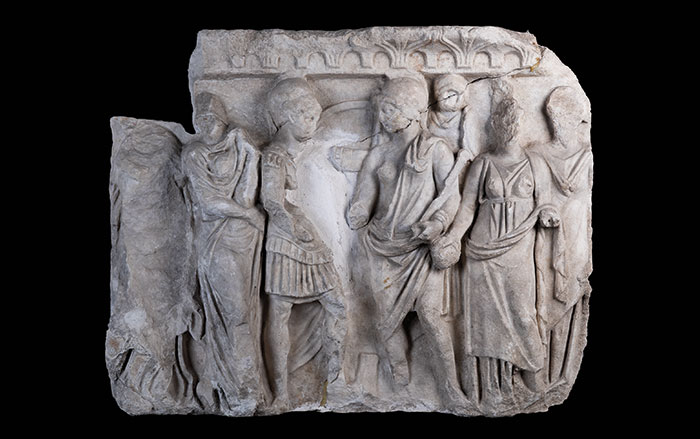
Features November/December 2024
Let the Games Begin
How gladiators in ancient Anatolia lived to entertain the masses
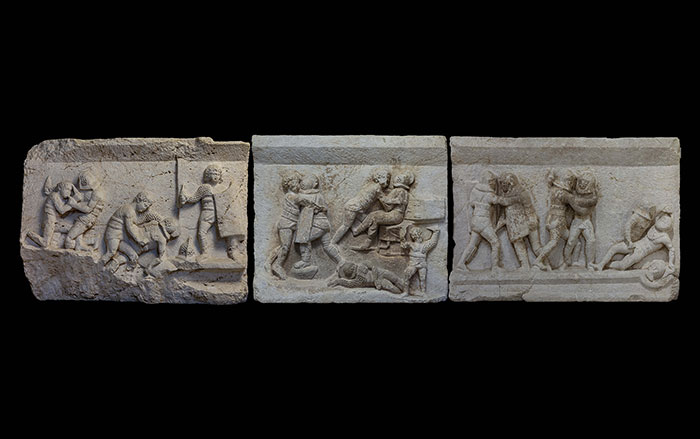
-
Features January/February 2025
Dancing Days of the Maya
In the mountains of Guatemala, murals depict elaborate performances combining Catholic and Indigenous traditions
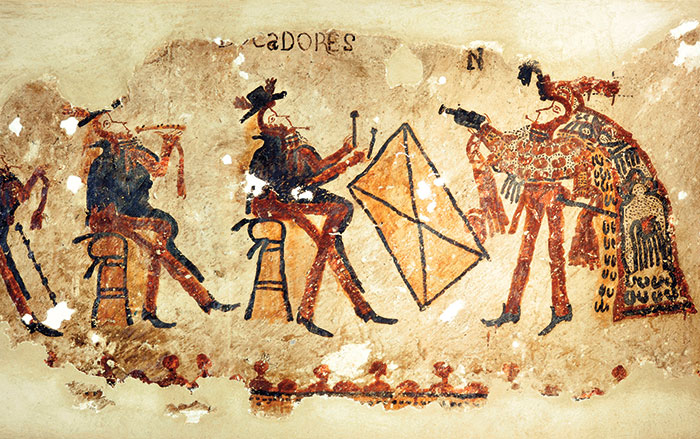 Photograph by R. Słaboński
Photograph by R. Słaboński -
Features January/February 2025
Unearthing a Forgotten Roman Town
A stretch of Italian farmland concealed one of the small cities that powered the empire
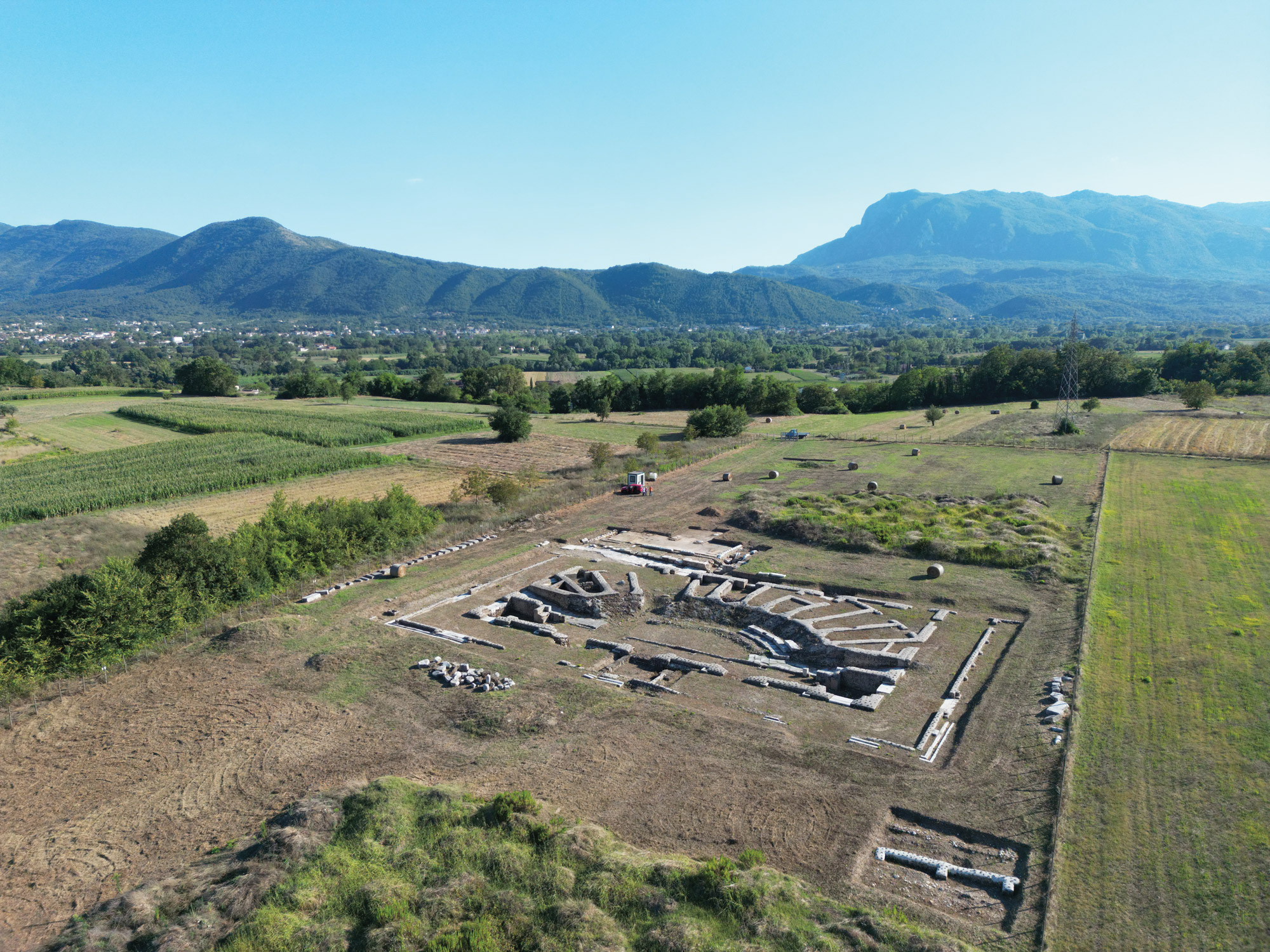 Photo Courtesy Alessandro Launaro
Photo Courtesy Alessandro Launaro -
Features January/February 2025
Medieval England’s Coveted Cargo
Archaeologists dive on a ship laden with marble bound for the kingdom’s grandest cathedrals
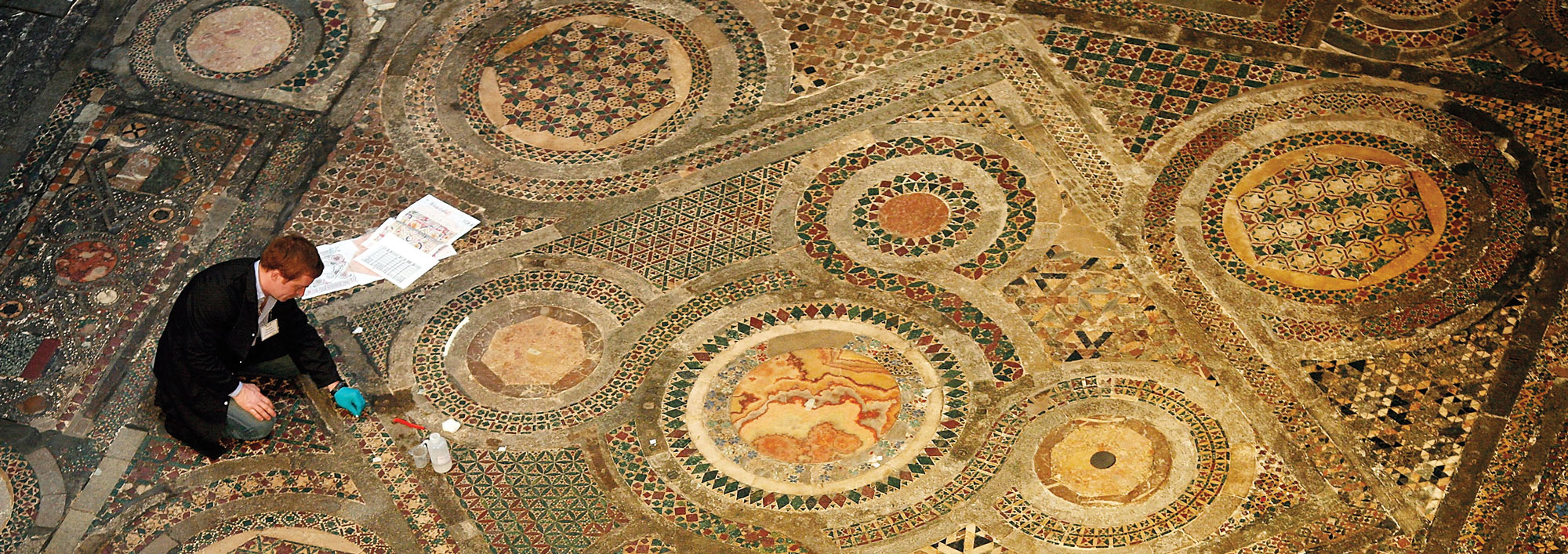 Peter Macdiarmid/Getty Images
Peter Macdiarmid/Getty Images -
Features January/February 2025
Lost Greek Tragedies Revived
How a scholar discovered passages from a great Athenian playwright on a discarded papyrus
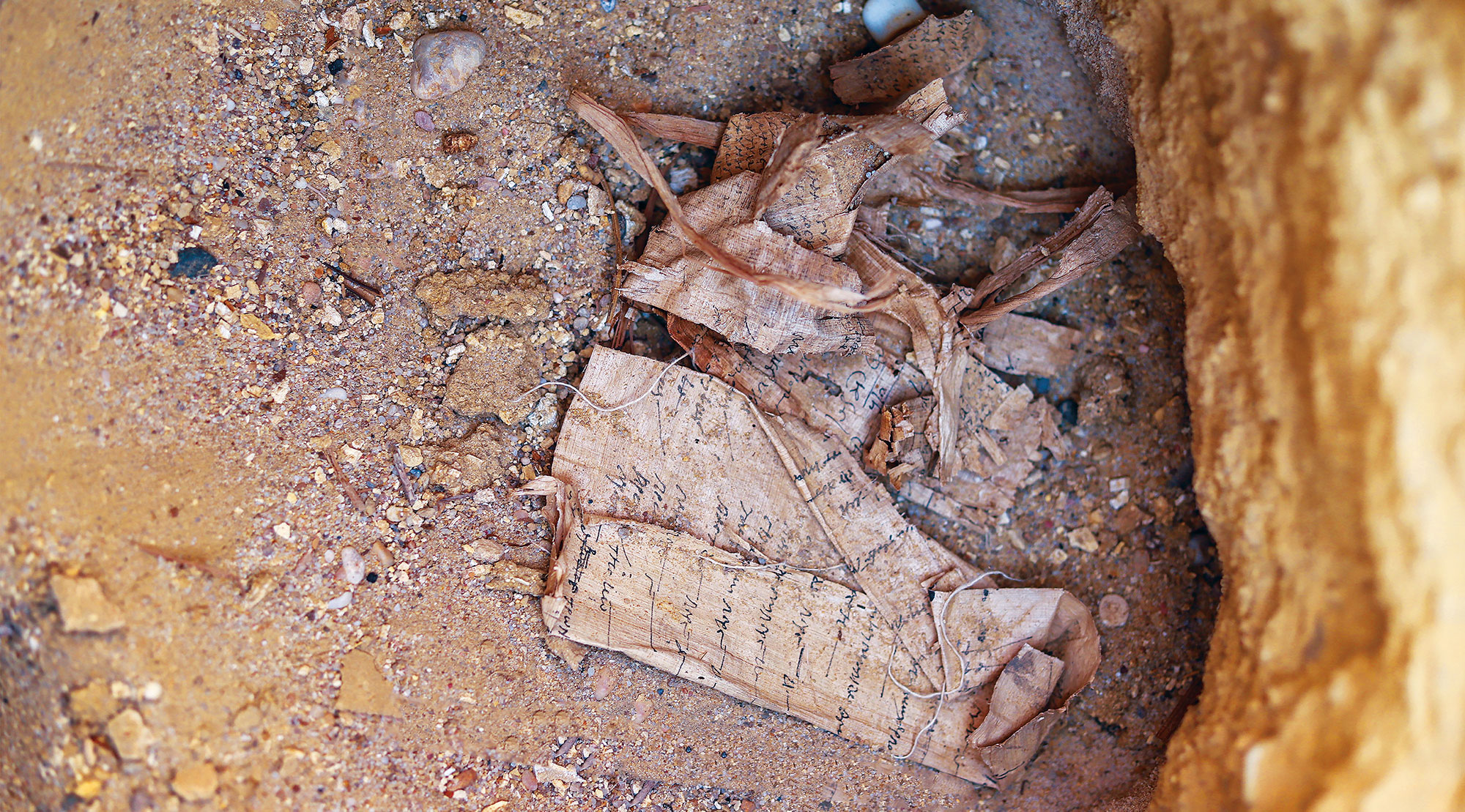 Egyptian Ministry of Tourism and Antiquities
Egyptian Ministry of Tourism and Antiquities


